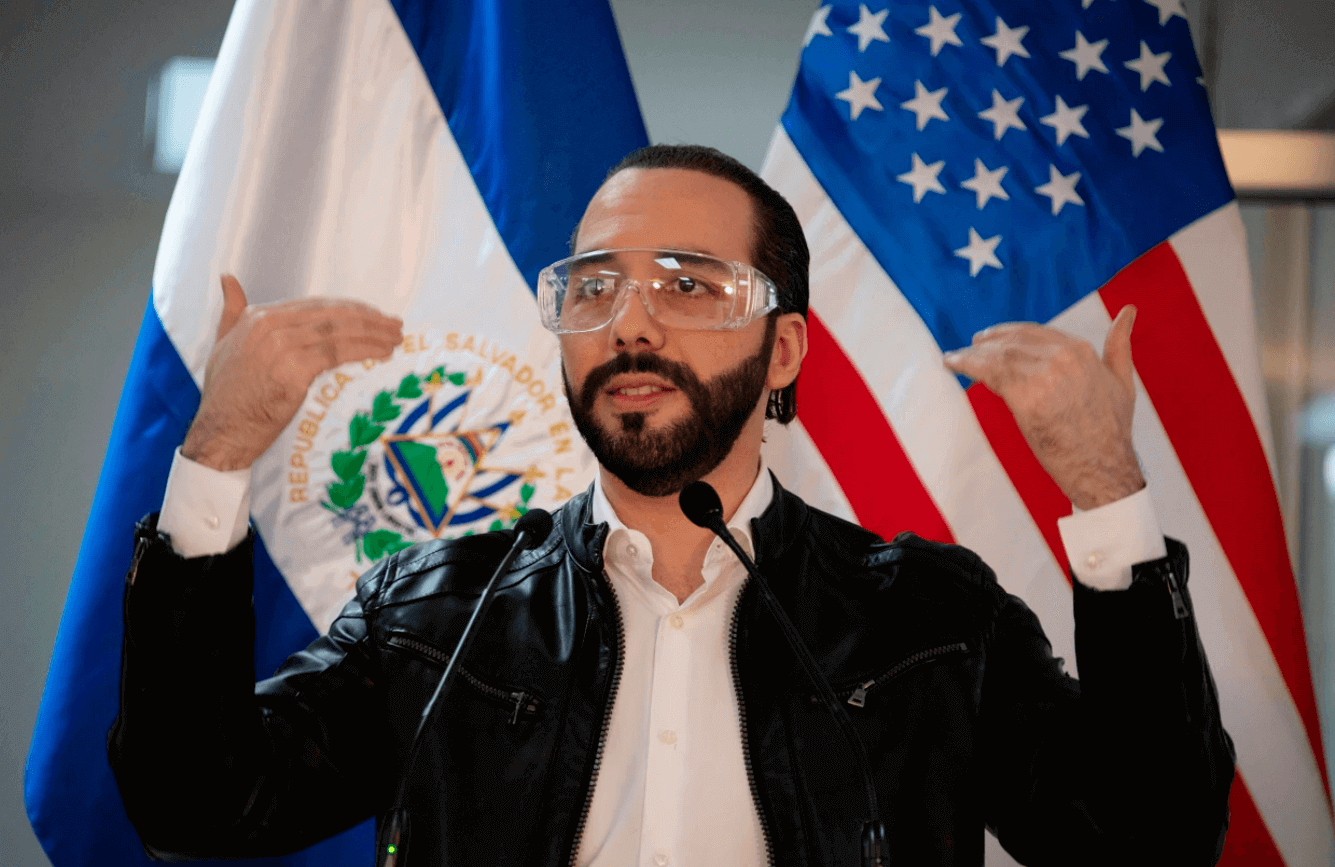During a press briefing on Tuesday, Chinese Foreign Ministry spokesperson Zhao Lijian appeared to reject El Salvador’s claims that Beijing has offered to buy all of the Central American country’s debt, saying he is unaware of any such development. He questioned the veracity of such claims, saying, “You may need to check with El Salvador if this is what they said and if it’s true.”
His comments come after Salvadoran Vice President Félix Ulloa on Tuesday revealed on the sidelines of the Europe Forum in Madrid that China has offered to “buy all our debt” in the light of a possible foreign debt default in January.
Ulloa nonetheless expressed his caution while speaking with Bloomberg, saying, “We are not going to sell to the first bidder, we need to see the conditions.” He did not elaborate further, but experts believe that Beijing may offer San Salvador a financing structure to enable it to buy back its debt from bondholders.
China has offered to buy El Salvador’s debt to help it refinance foreign obligations, Vice President Felix Ulloa said on Monday https://t.co/OO7jSZtHFz via @markets @alonsosotoj @estebanduarte4 @mdmcdonald @vizcainomariae @symmaki @jtcrombie
— Robert Jameson (@rhjameson) November 8, 2022
In September, the Bukele administration offered an early buyback of 2023 and 2025 bonds worth about $1.6 billion, of which $565.63 million, 35.3% of all its debt, was agreed upon. President Nayib Bukele then announced a second repurchase to obtain the remainder of the bonds planned for the first two weeks of November.
Ulloa said the buyback would happen before $667 million worth of bonds are made available in January. “The budget ministry along with the central bank are readying the conditions of the second buyback,” he said, adding that they could use special drawing rights or reserve assets in the International Monetary Fund (IMF) to finance the repurchase.
El vicepresidente dijo que China ofreció comprar la deuda de El Salvador. Hay que esperar que la embajada de China confirme o niegue si esta oferta se hizo. Los ofrecimientos de apoyo deben estudiarse bien para ver si son convenientes a nuestro país. pic.twitter.com/ISYXqbpHST
— Claudia Ortiz (@ClaudiaOrtizSV) November 9, 2022
Though El Salvador’s foreign debt due in January has come by 91 cents, its sovereign debt over United States (US) Treasuries has jumped to 18.77 percentage points, significantly higher than the 10-percentage-point distress benchmark. Furthermore, S&P Global Ratings has given El Salvador a debt rating of CCC+, seven levels below investment grade.
El Salvador has received offers for only $179.4 million worth of bonds set to mature in January, of which $133.04 million (16.3%) were accepted. The country still needs to find a way for the remaining $667 million to avoid a default. Investors have also expressed interest in buying back 2025 bonds, with $432.5 million (54%) already accepted.
However, experts have warned that the market looks uncertain in the long term as the presidential elections will take place in the next three years.
“With a buyback, they buy a bit of time. But it’s an unsustainable strategy if they don’t have access to external financing,” Barclays economist Alejandro Arreaza noted, adding that China lending a “significant amount” seems unlikely.
Meanwhile, El Salvador adopted bitcoin as a legal tender last year, and the government has pushed for plans of a bitcoin bond. However, in January, Moody's warned that El Salvador's bitcoin purchasing might result in an increase in its credit risk if it continues. Seeing as the Bukele administration has had trouble with liquidity, experts argue that trading bitcoin may be “quite risky.”

